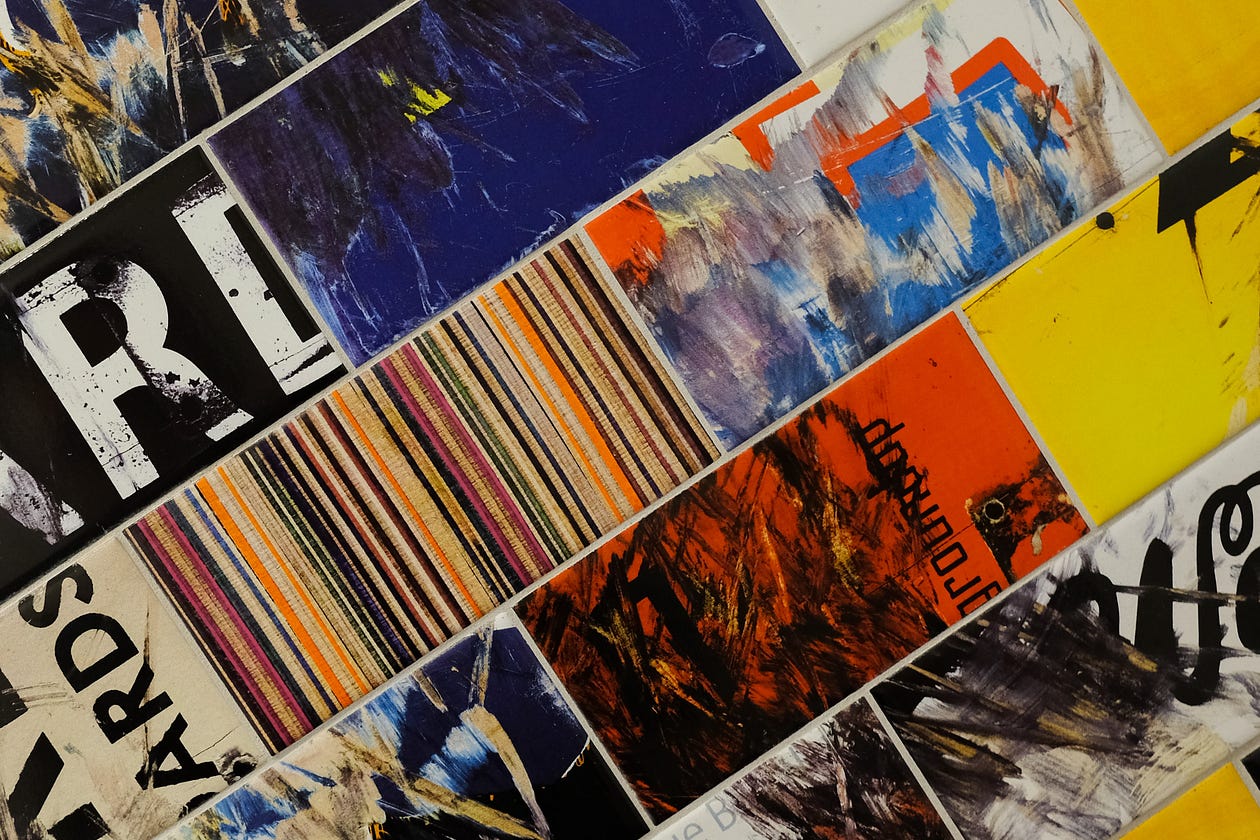Plus the Generative AI News Roundup

Since Elon Musk had begrudgingly taken over the beloved social media platform Twitter, things have been a bit ropey. It’s understandable that the platform needs to generate cash but in doing so, many of the unique selling points have been replaced by the kind of corporate-heavy handiness that thinks only of monetary rewards while pissing on the core Twitter base which has consequently left in their droves. First, there was the removal of the trusted authoritarian requirement of the blue tick, which meant that any idiot with 12 followers and living in the basement of his parent’s apartment could buy authentication.
Yesterday, Twitter’s blue bird logo disappeared for good, and along with it the reason why we tweet tweet. The X logo replacement looks like it’s a hardcore porn site. But what is the alternative? Meta’s Threads isn’t quite up to speed, yet.
Elon Musk Replaces Twitter Bird Logo With an X
Elon Musk has replaced Twitter’s bird logo and the original company’s most recognizable asset, with a white X logo on a black background. The change reflects Musk’s mission to create an everything app under the new company name, X Corp. Think of Facebook changing to Meta, but while the Facebook brand remains, Twitter’s tweeting blue bird is no more. One wonders if Musk took over Coca-Cola, would he replace one of the most recognizable brands on the planet with an X? Rich and influential doesn’t necessarily mean street smart. Despite the logo transformation, Twitter finds itself facing financial challenges and remains in a deep financial hole. Recently, Cathie Wood’s ARK Investment Management reduced its stake in Twitter by 47%, indicating ongoing concerns about the company’s financial performance.
Big Tech Moves Towards Enhancing the Safety of AI Technology
In a significant move towards enhancing safety protocols for AI technology, big tech companies including OpenAI, Google (Alphabet), and Meta Platforms, have pledged their support to the White House AI safety bill. Tech companies have committed to adopting specific measures, such as watermarking AI-generated content, as announced by President Biden on Friday during a White House event. President Biden acknowledged the importance of these commitments and considered them to be a promising step forward in challenging and securing AI-created content. However, he also emphasized that collective efforts are needed to address the challenges and potential risks associated with AI.
Apple’s Generative AI GPT Still in Beta
Apple is conducting trials of its generative AI system called Apple GPT. Taking inspiration from other AI-based platforms such as ChatGPT and Google’s Bard, Apple has constructed its framework for developing large language models. Though the company has made significant progress in developing AI tools, it has not finalized a plan for introducing this technology to the public.
Meta’s CM3leon Text and Image AI Generator
Meta is expanding its generative AI capabilities with a new tool called CM3leon or Cameleon which can recognize both text and image with seamless image-to-text and text-to-image generation. Unlike current AI systems that specialize in generating images or text, CM3leon bridges this gap by integrating both capabilities into a single platform. The convergence of image and text generation has been challenging for AI developers, which makes Meta’s new platform an exciting new development. While the release date for CM3leon to the public remains undisclosed, its potential implications are immense.
China AI Regulation Crackdown on Public Use Generative AI
China has announced new measures aimed at regulating its rapidly growing generative AI industry. The guidelines will be implemented on August 15 and will apply to products intended for public use. They come after the release of an earlier draft and indicate the government’s intention to support the advancement of AI technology. Beijing refers to its interim rules after its prolonged crackdown on the technology sector. The government is now looking to collaborate with the tech industry to revitalize the economy, which has faltered because of prolonged Covid-19 lockdown restrictions.
Open AI Investigated by FTC for Data Violation
The Federal Trade Commission launched an investigation into OpenAI to discover if the company violated the law by using people’s online data to train its chatbot, ChatGPT. This follows several legal actions taken by artists and authors against companies like OpenAI, Stability AI, and Meta, accusing them of infringing copyright laws. If these companies are found to have trained their AI models using copyrighted material without acknowledgment and compensation to the creators, then the outcome could transform the industry and lead to significant changes in how AI is developed and trained.
Journalism and Generative AI Collaboration Concerns
Journalism is going through a significant transformation because of AI technology like ChatGPT. Publishers like The New York Times, the Washington Post, and News Corp are in discussions with Google about the integration of AI tools to support journalists in their news article writing. These tools are designed to give prompts for generating headlines and story ideas but the emphasis is on using AI as a collaborative tool rather than a replacement of human journalists. This comes after the recent announcement of a partnership between the Associated Press and OpenAI. Despite the big news agencies being on board with AI development, many news outlets remain cautious. There are legitimate concerns about the publishing of incorrect information and the challenge of distinguishing between content created by humans and AI.
New Worldcoin Cryptocurrency for AI Iris Scan
Open AI CEO Sam Altman has introduced a new cryptocurrency venture called Worldcoin, designed as a payout from its AI project, World ID. The digital passport verifies the authenticity of individuals as real humans and not AI bots. To get your hands on a World ID, you need to participate in an in-person iris scan using Worldcoin’s specialized device called the Orb. The iris scan is a silver ball the size of a bowling ball which confirms a person’s human identity and then generates their unique World ID. Worldcoin was developed by San Francisco and Berlin company, Tools for Humanity. During its beta phase, the project has grown to 2 million individual users. After its official launch, Worldcoin aims to expand to 35 cities across 20 countries. As an added incentive, users who sign up in select countries will be rewarded with Worldcoin’s proprietary cryptocurrency token, WLD.
Ginger Liu is the founder of Hollywood’s Ginger Media & Entertainment, a Ph.D. Researcher in artificial intelligence and visual arts media — specifically grief tech, digital afterlife, AI, death and mourning practices, AI and photography, biometrics, security, and policy, and an author, writer, artist photographer, and filmmaker. Listen to the Podcast — The Digital Afterlife of Grief.







